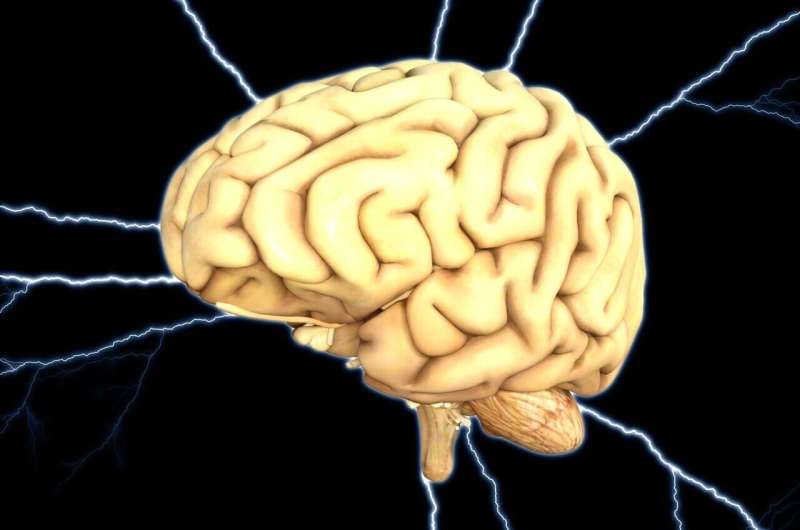This article has been reviewed according to Science X's editorial process and policies. Editors have highlighted the following attributes while ensuring the content's credibility:
fact-checked
peer-reviewed publication
trusted source
proofread
Discoveries on memory mechanisms could unlock new therapies for Alzheimer's and other brain diseases

Scientists at the University of Colorado Anschutz Medical Campus have made a 'paradigm shifting' discovery on the mechanisms required for learning and memory that could lead to new therapies for Alzheimer's disease and potentially Down syndrome. The study was published in the journal Nature.
For over 30 years, researchers believed that LTP or long-term potentiation, which is crucial for learning and memory, required enzymatic actions by an enzyme known as CaMKII.
But a team of researchers led by Ulli Bayer, Ph.D., professor of pharmacology at the University of Colorado School of Medicine, found that LTP requires structural not enzymatic functions of CaMKII.
That's significant, Bayer said, because it opens the door to the therapeutic use of a new class of inhibitors that target only the enzymatic activity of CaMKII, but not the structural functions required for memory and learning.
Previous studies by Bayer's laboratory showed that inhibiting enzymatic CaMKII activity protects against some of the effects of amyloid-beta (Abeta) plaques in the brain, a hallmark of Alzheimer's disease (AD).
The researchers found one group of inhibitors that protected from the Abeta effects without impairing LTP, making it potentially useful in treating a number of brain diseases without debilitating side effects.
"The implications are that a certain class of CaMKII activity inhibitors actually could be used chronically to treat brain conditions including Alzheimer's disease," said Bayer, senior author of the study. "This is super novel, as it has previously been thought that any CaMKII activity inhibitor would block synaptic plasticity that underlies learning and memory so their chronic use would be counter-indicated."
Bayer said if the inhibitors work in humans, they could provide additional benefit in conjunction with any current AD treatment strategies.
"That's because different mechanisms are targeted," he said. "We are targeting the downstream effects of Abeta. While we are not even pretending that this would be curative, it has the potential to dramatically alleviate some of the most devastating symptoms of memory loss and learning."
The Bayer lab is now testing whether the predictions made by their ground-breaking paper can be harnessed for human therapy.
More information: Ulrich Bayer, LTP induction by structural rather than enzymatic functions of CaMKII, Nature (2023). DOI: 10.1038/s41586-023-06465-y. www.nature.com/articles/s41586-023-06465-y


















